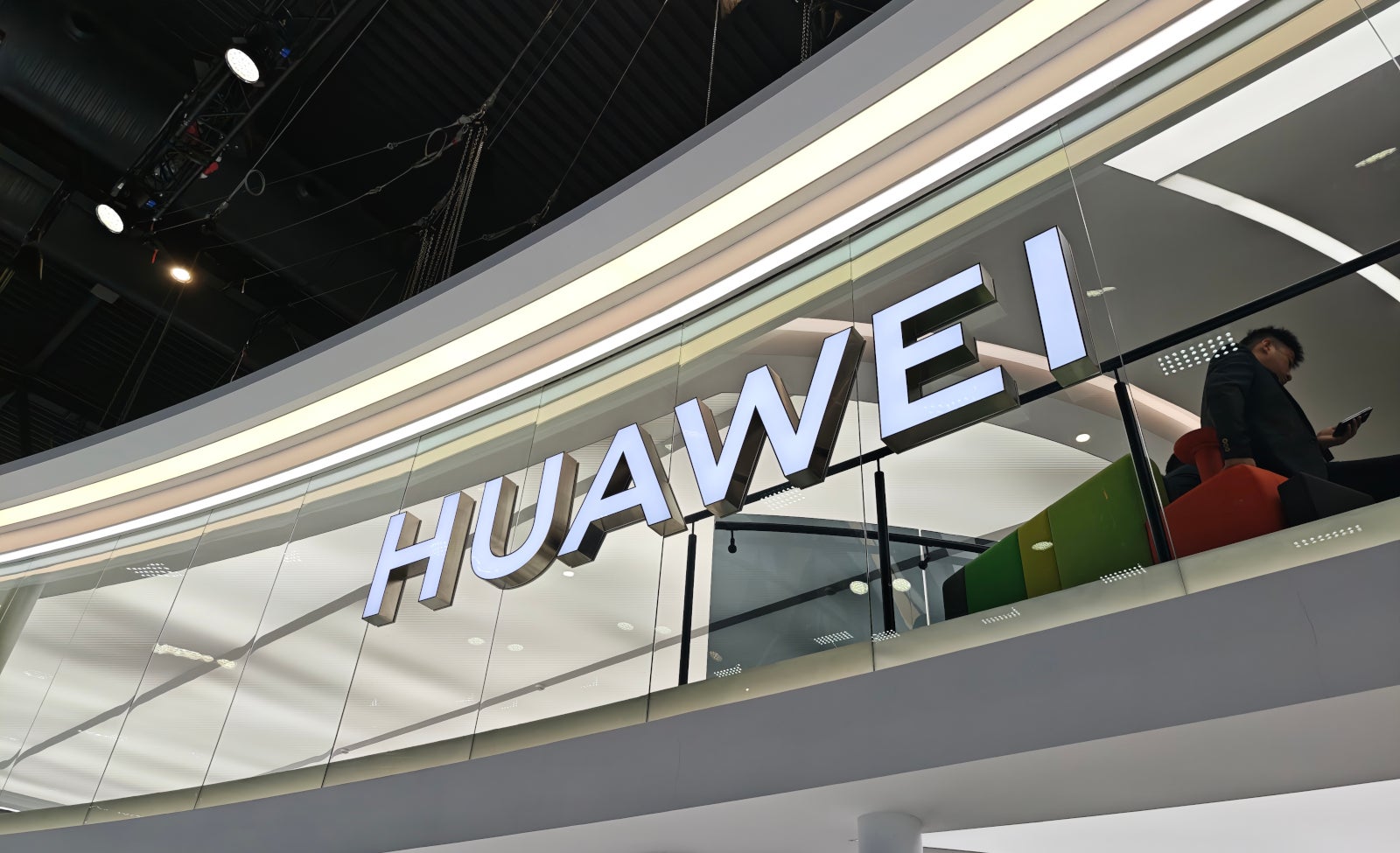The US Navy Is More Aggressively Telling Startups, 'We Want You'
An anonymous reader quotes a report from TechCrunch: While Silicon Valley executives like those from Palantir, Meta, and OpenAI are grabbing headlines for trading their Brunello Cucinelli vests for Army Reserve uniforms, a quieter transformation has been underway in the U.S. Navy. How so? Well, the Navy's chief technology officer, Justin Fanelli, says he has spent the last two and a half years cutting through the red tape and shrinking the protracted procurement cycles that once made working with the military a nightmare for startups. The efforts represent a less visible but potentially more meaningful remaking that aims to see the government move faster and be smarter about where it's committing dollars. "We're more open for business and partnerships than we've ever been before," Fanelli told TechCrunch in a recent episode of StrictlyVC Download. "We're humble and listening more than before, and we recognize that if an organization shows us how we can do business differently, we want that to be a partnership." Right now, many of these partnerships are being facilitated through what Fanelli calls the Navy's innovation adoption kit, a series of frameworks and tools that aim to bridge the so-called Valley of Death, where promising tech dies on its path from prototype to production. "Your granddaddy's government had a spaghetti chart for how to get in," Fanelli said. "Now it's a funnel, and we are saying, if you can show that you have outsized outcomes, then we want to designate you as an enterprise service." In one recent case, the Navy went from a Request for Proposal (RFP) to pilot deployment in under six months with Via, an eight-year-old, Somerville, Massachusetts-based cybersecurity startup that helps big organizations protect sensitive data and digital identities through, in part, decentralization, meaning the data isn't stored in one central spot that can be hacked. (Another of Via's clients is the U.S. Air Force.) The Navy's new approach operates on what Fanelli calls a "horizon" model, borrowed and adapted from McKinsey's innovation framework. Companies move through three phases: evaluation, structured piloting, and scaling to enterprise services. The key difference from traditional government contracting, Fanelli says, is that the Navy now leads with problems rather than predetermined solutions. "Instead of specifying, 'Hey, we'd like this problem solved in a way that we've always had it,' we just say, 'We have a problem, who wants to solve this, and how will you solve it?'" Fanelli said. Read more of this story at Slashdot.

Read more of this story at Slashdot.



















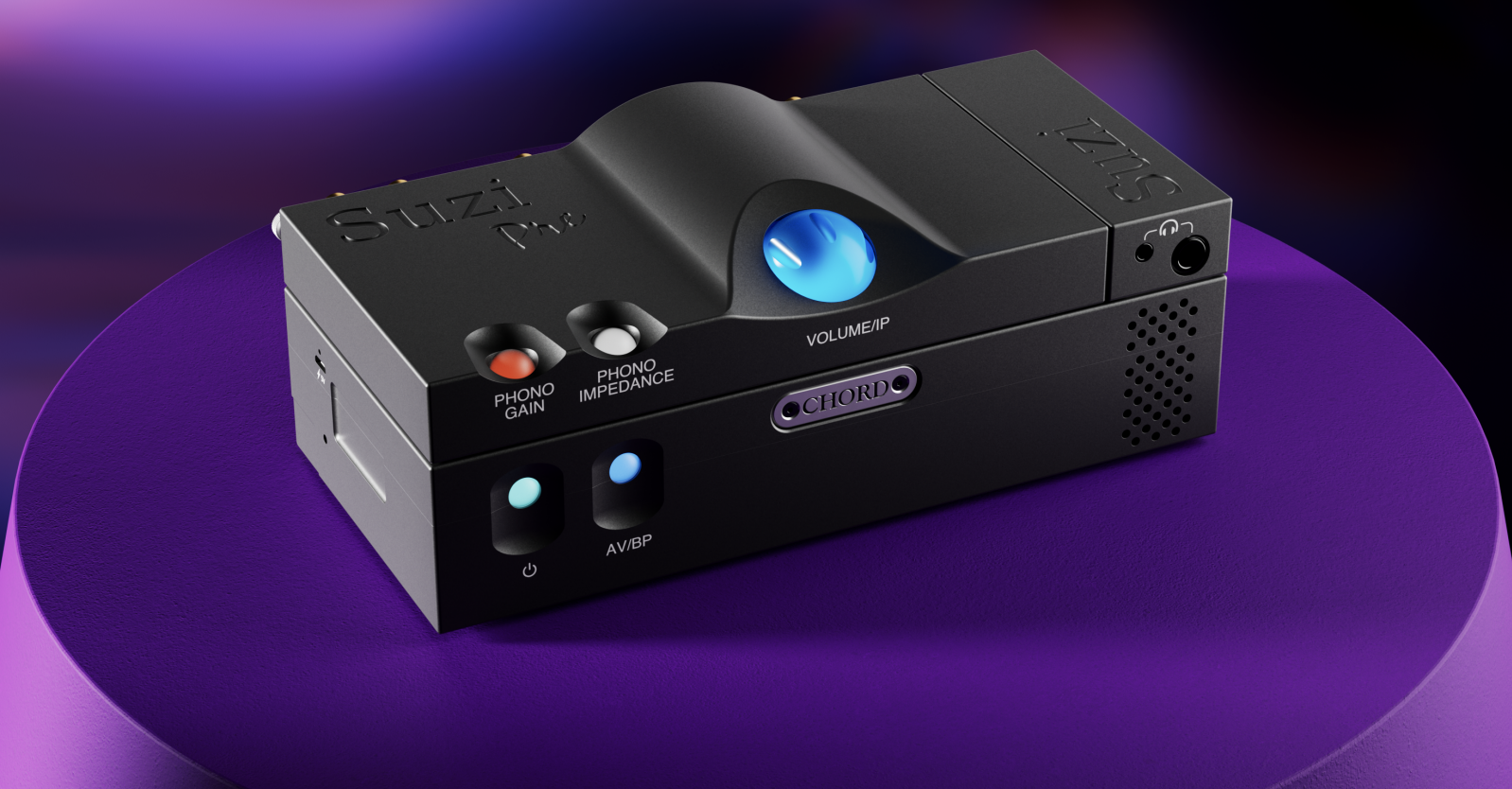







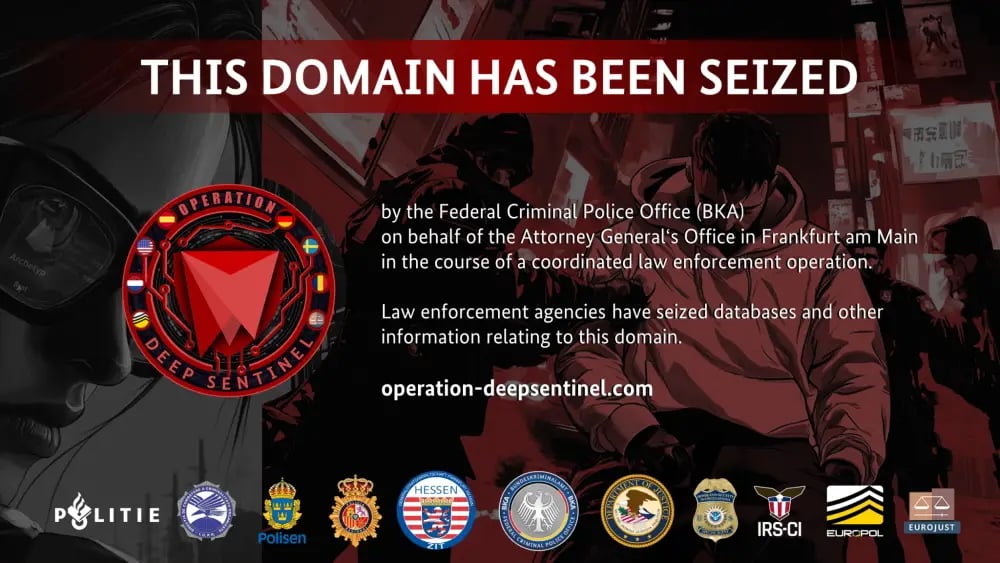

































































































































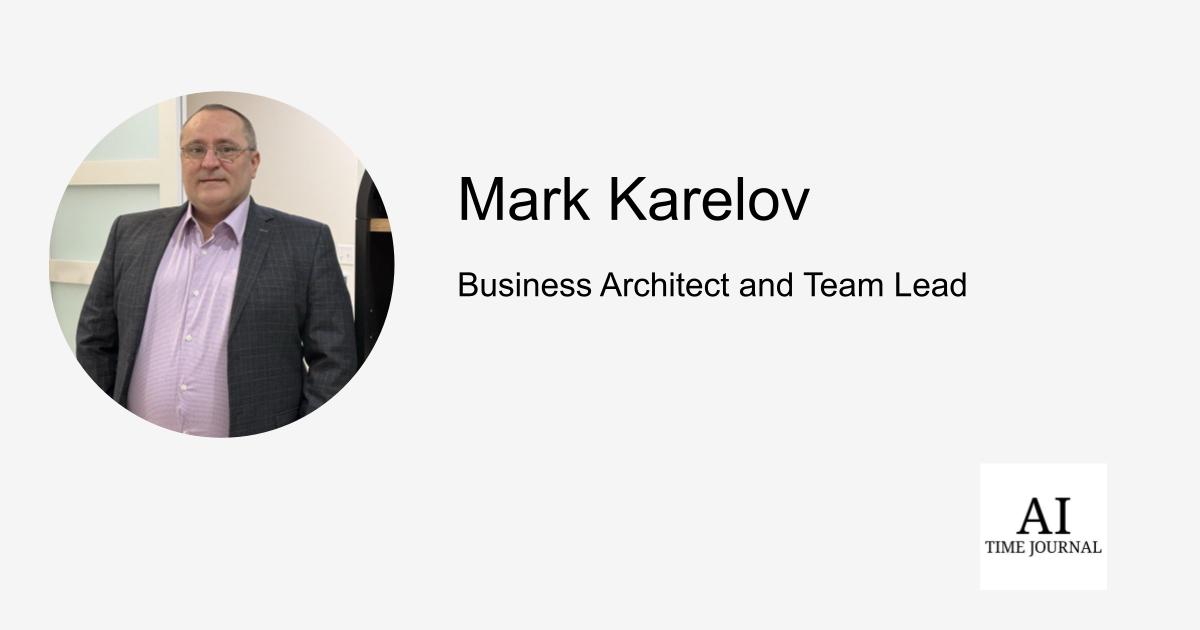














![[The AI Show Episode 152]: ChatGPT Connectors, AI-Human Relationships, New AI Job Data, OpenAI Court-Ordered to Keep ChatGPT Logs & WPP’s Large Marketing Model](https://www.marketingaiinstitute.com/hubfs/ep%20152%20cover.png)











































































































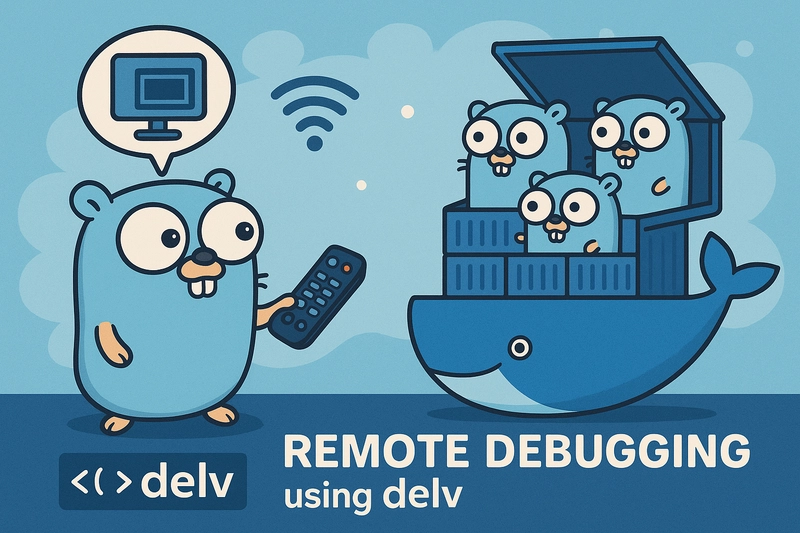








































![Designing a Robust Modular Hardware-Oriented Application in C++ [closed]](https://i.sstatic.net/f2sQd76t.webp)

















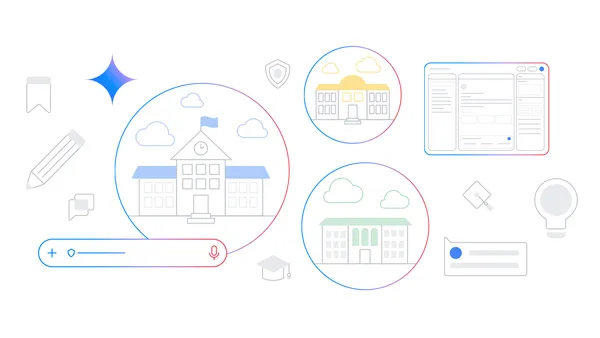

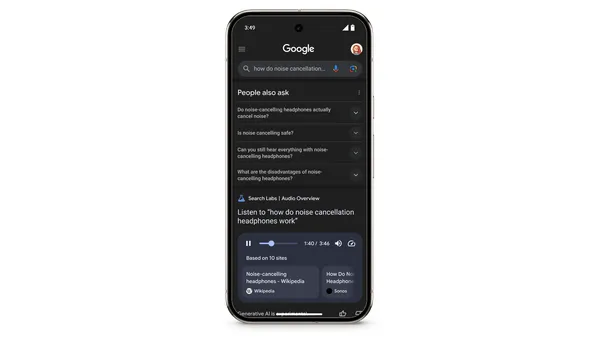




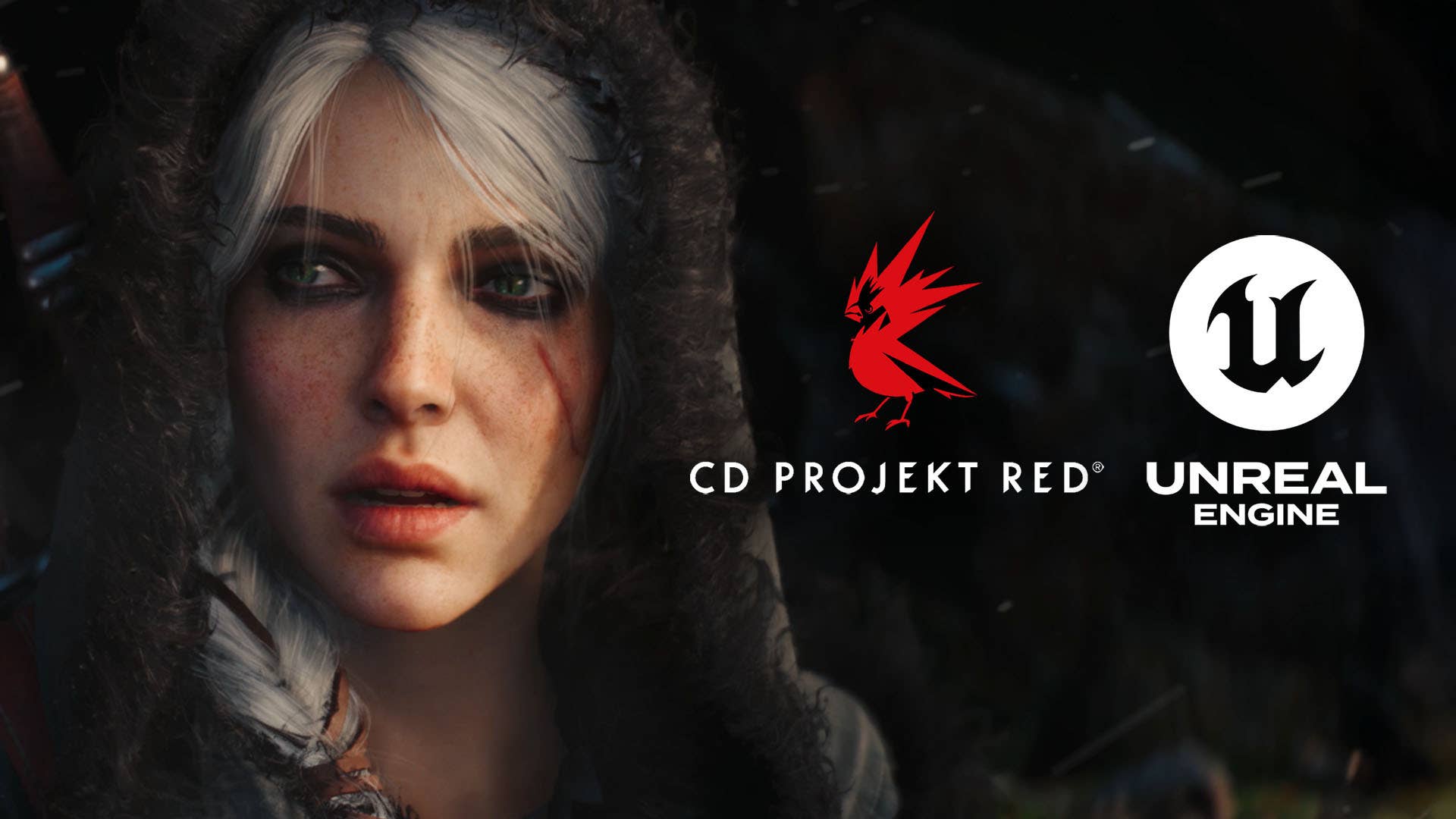




























































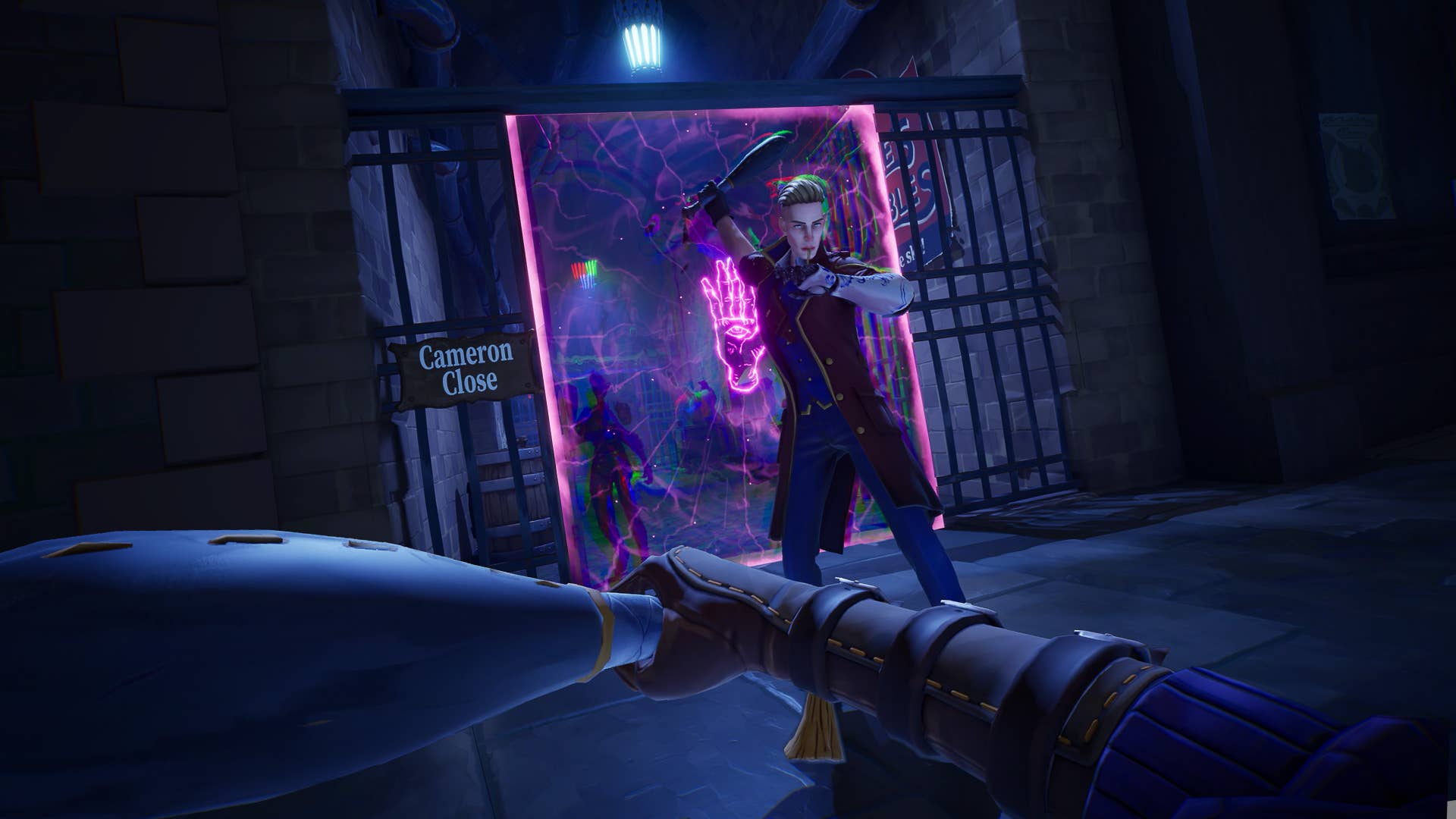
























_Alexander-Yakimov_Alamy.jpg?width=1280&auto=webp&quality=80&disable=upscale#)
_Zoonar_GmbH_Alamy.jpg?width=1280&auto=webp&quality=80&disable=upscale#)



























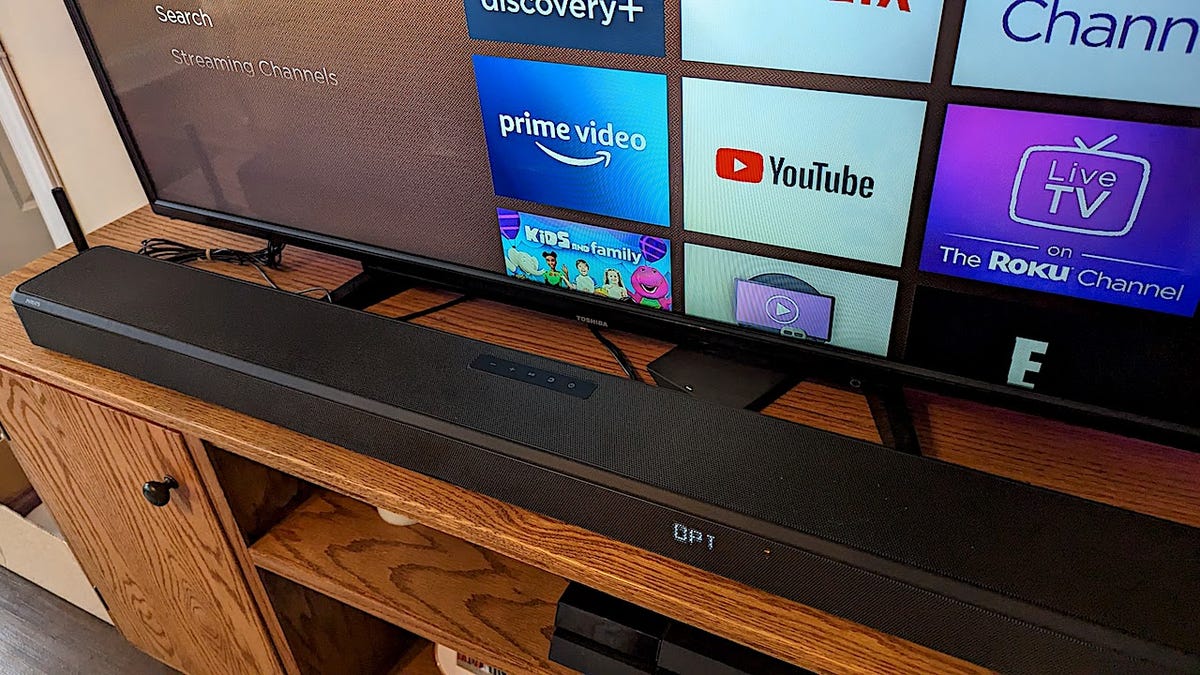


























































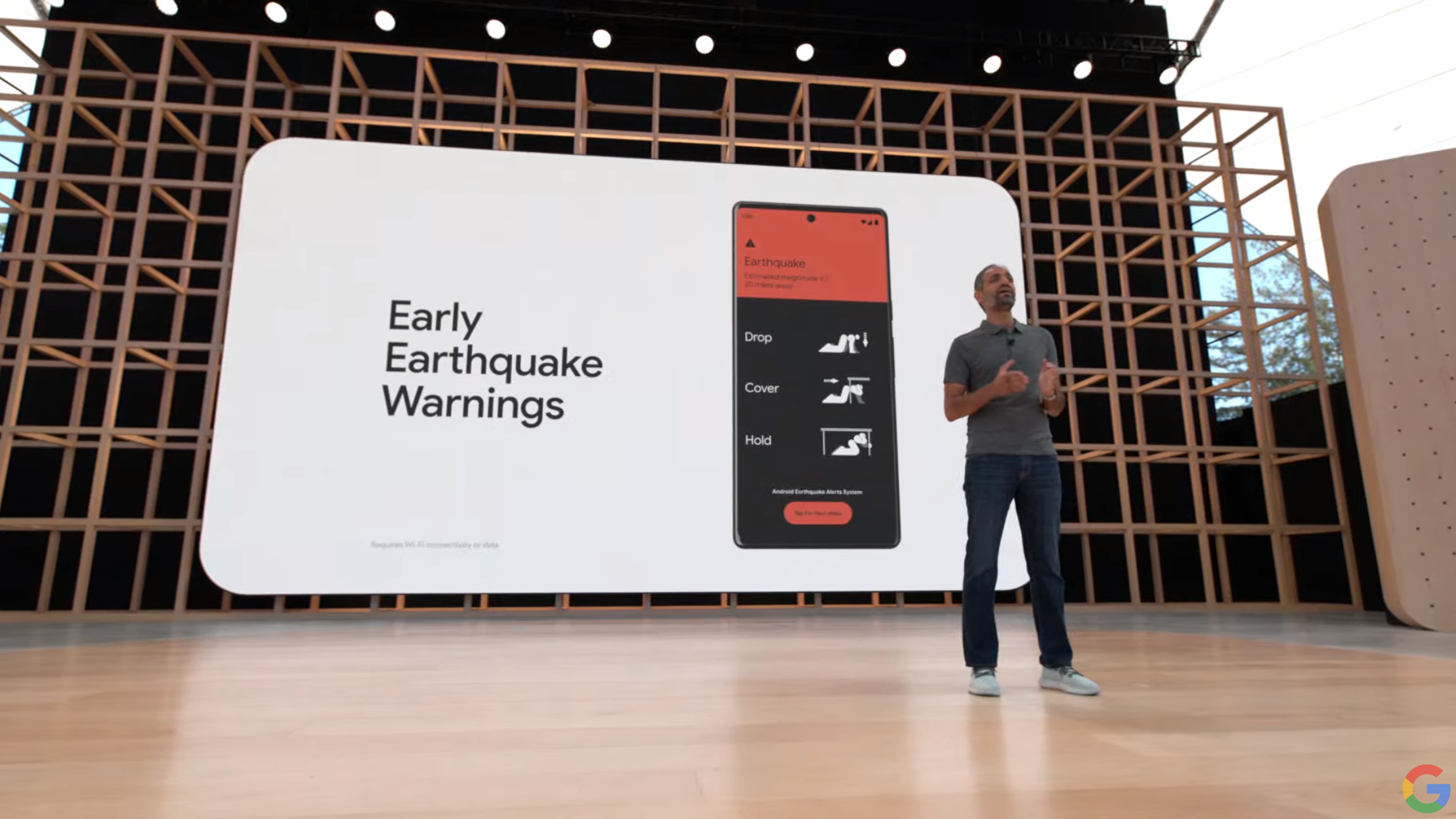
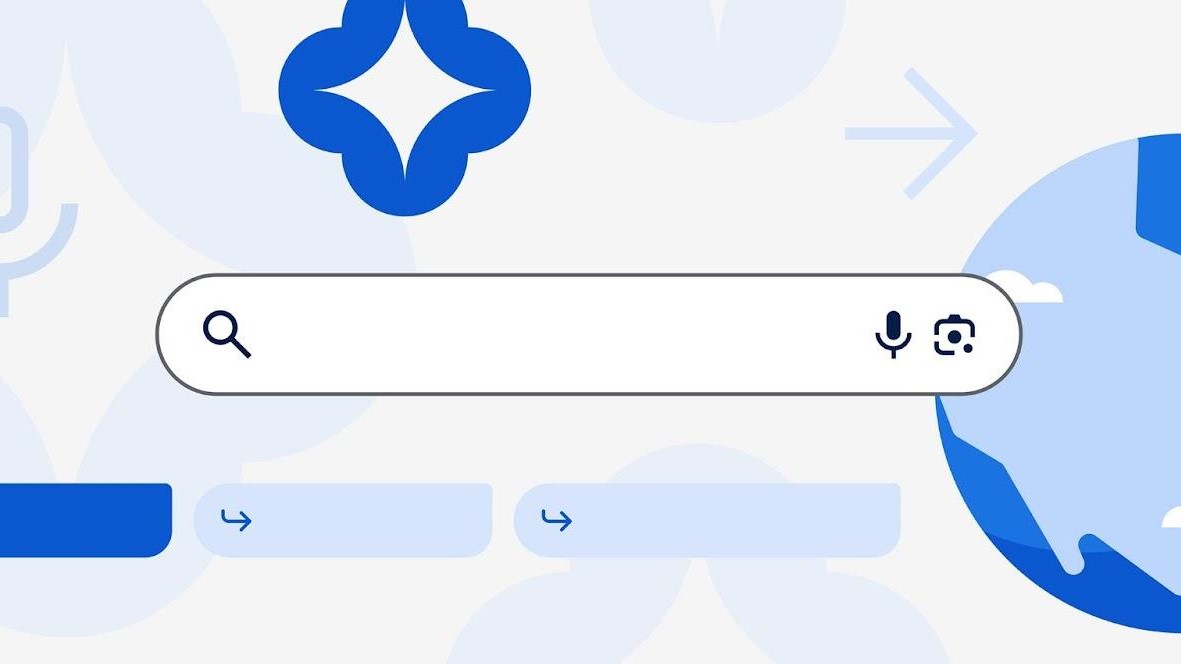
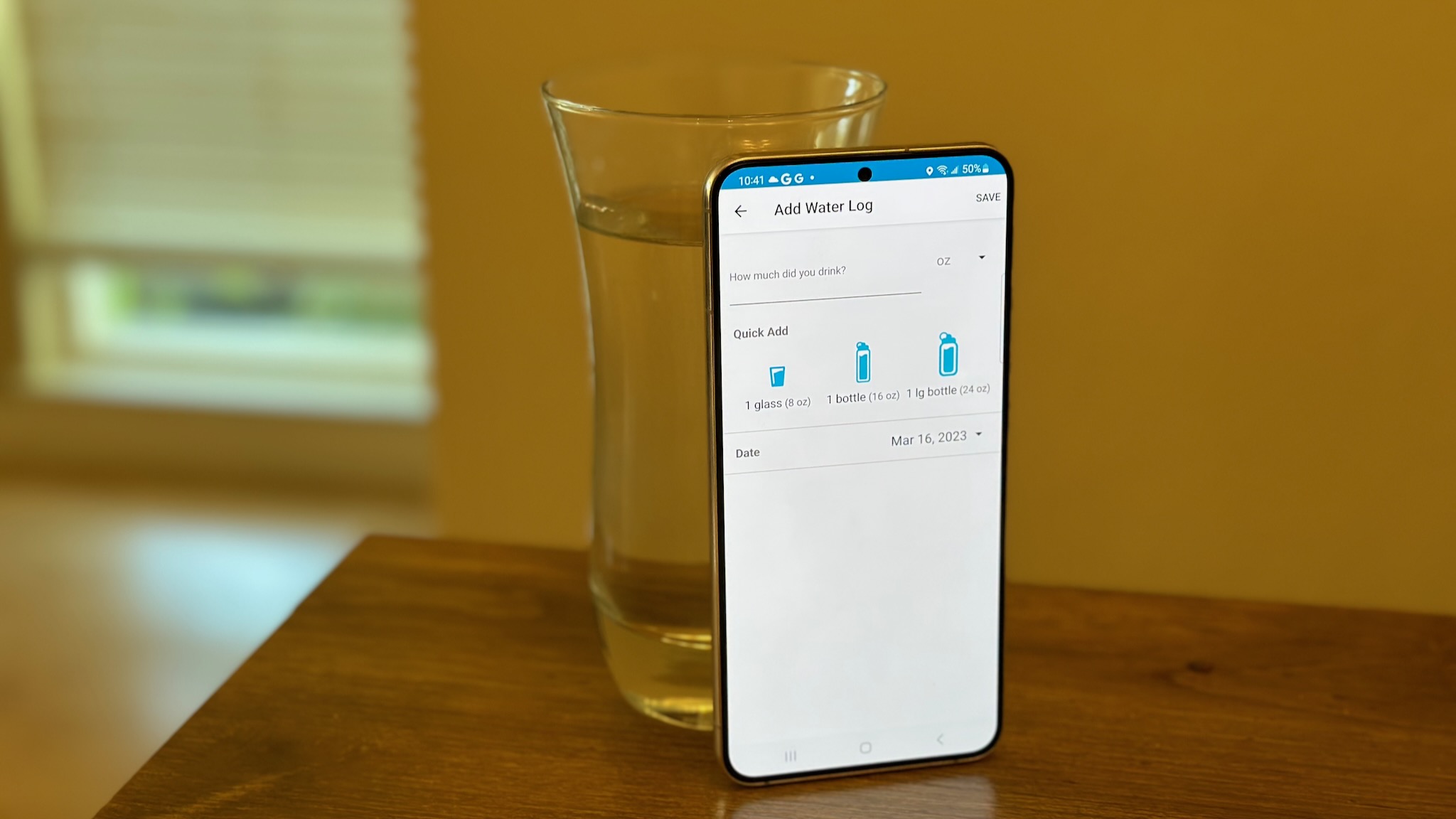























![AirPods Pro 3 Not Launching Until 2026 [Pu]](https://www.iclarified.com/images/news/97620/97620/97620-640.jpg)
![Apple Releases First Beta of iOS 18.6 and iPadOS 18.6 to Developers [Download]](https://www.iclarified.com/images/news/97626/97626/97626-640.jpg)
![Apple Seeds watchOS 11.6 Beta to Developers [Download]](https://www.iclarified.com/images/news/97627/97627/97627-640.jpg)
![Apple Seeds tvOS 18.6 Beta to Developers [Download]](https://www.iclarified.com/images/news/97628/97628/97628-640.jpg)















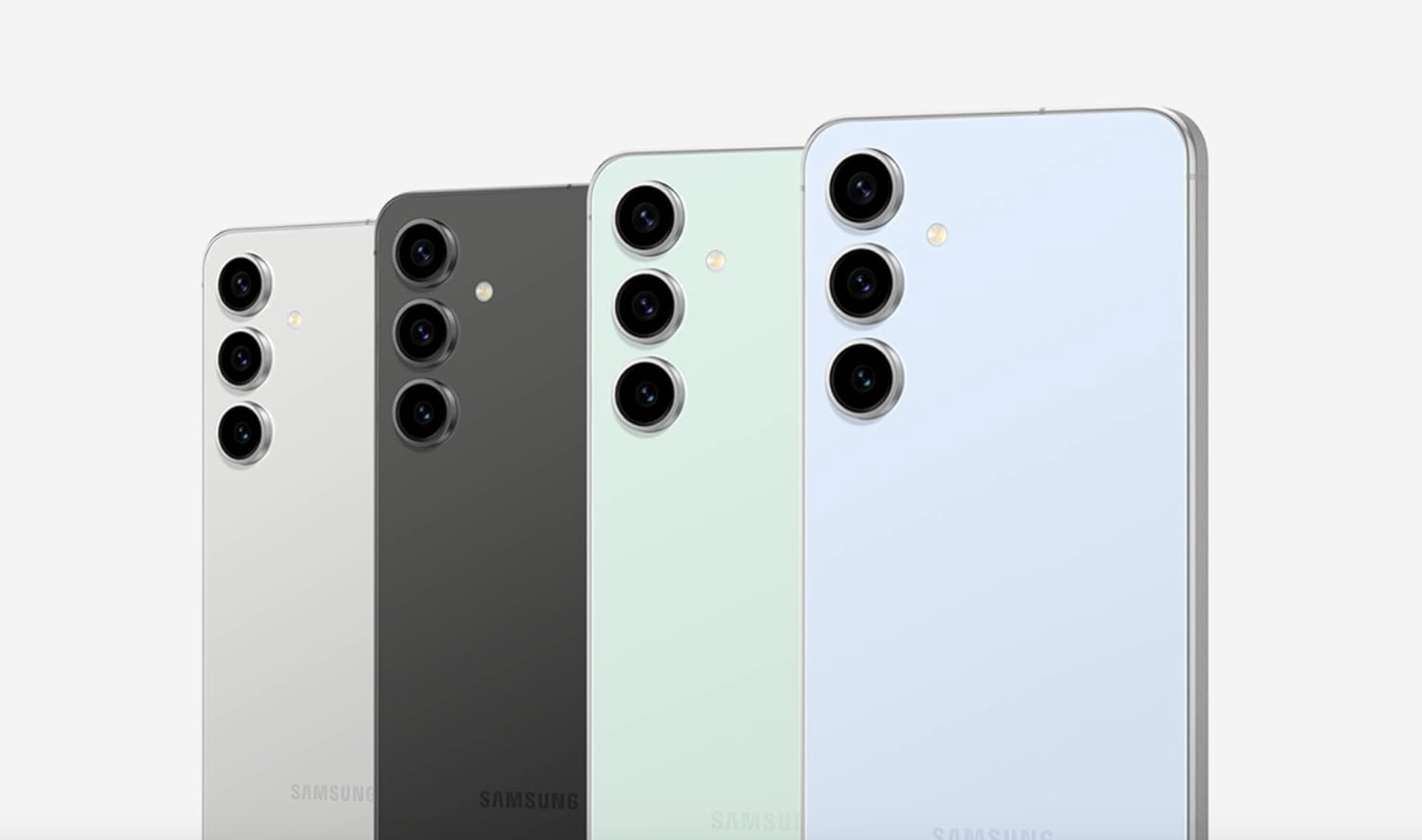
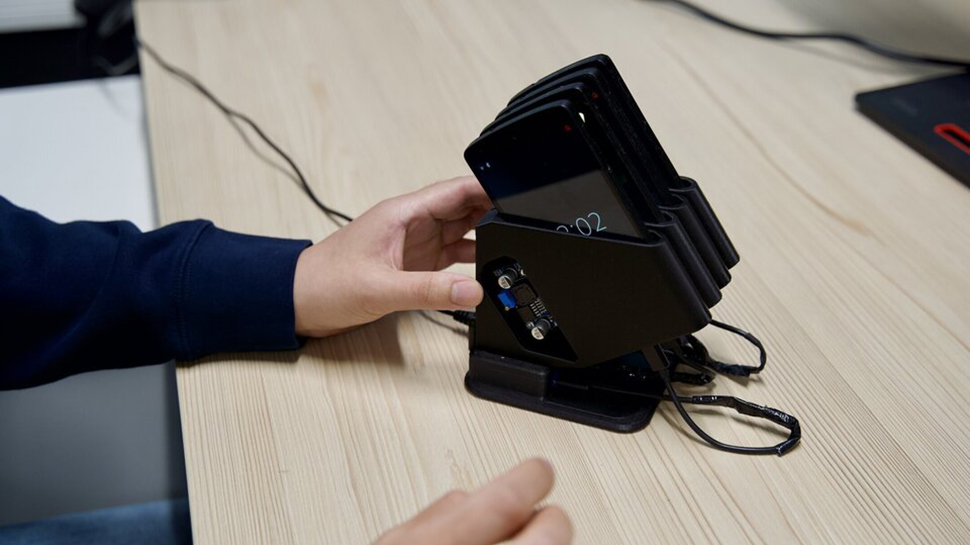


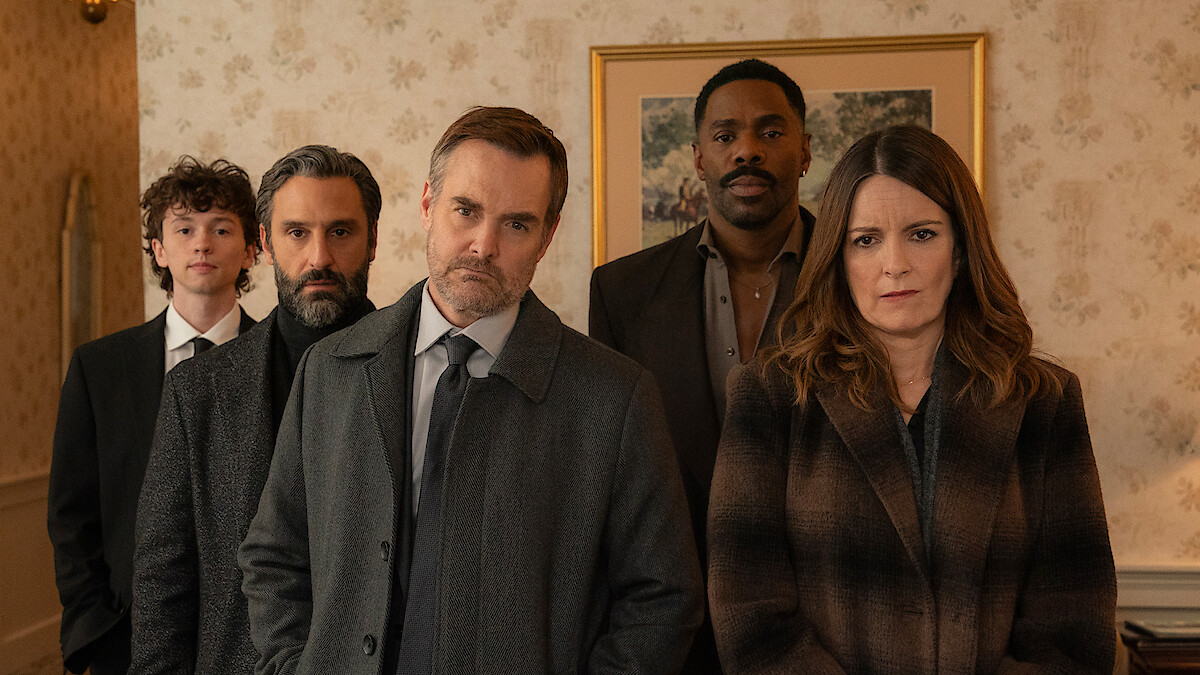
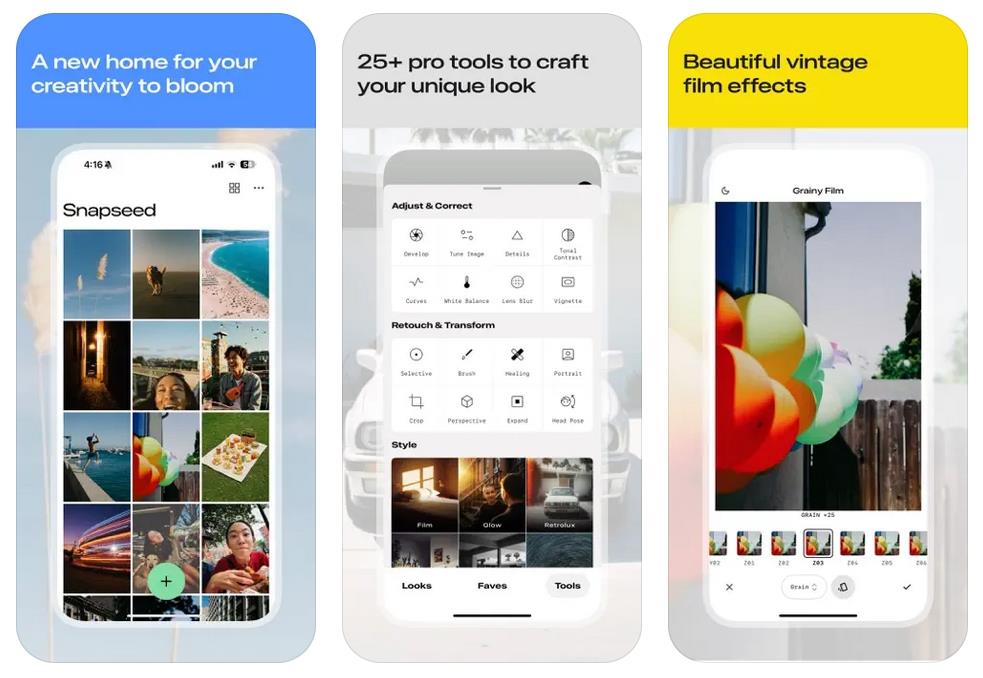

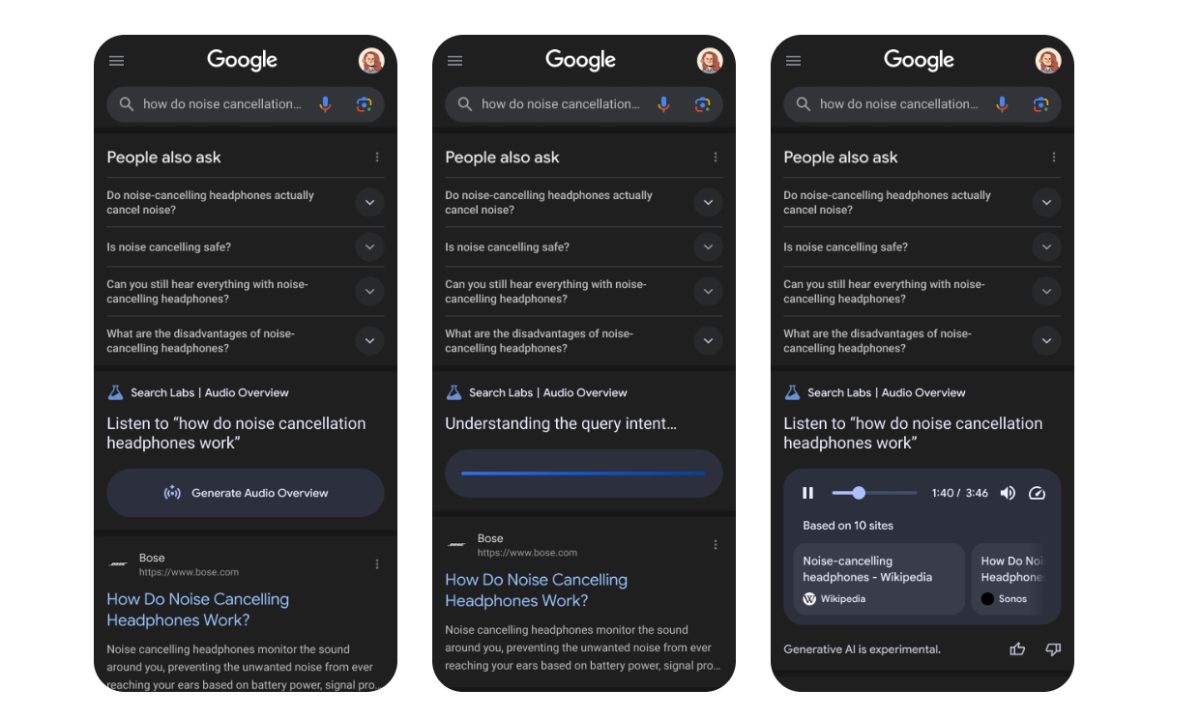


























![T-Mobile customers' address, number, and other info allegedly up for sale; company denies claim [UPDATED]](https://m-cdn.phonearena.com/images/article/171306-two/T-Mobile-customers-address-number-and-other-info-allegedly-up-for-sale-company-denies-claim-UPDATED.jpg?#)

